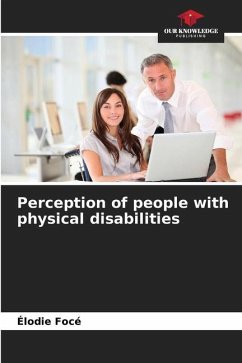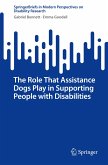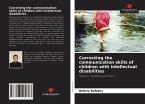Numerous studies in psychology have been carried out on social judgement (desirability and social usefulness) but very few in relation to disability. The only studies that have been carried out on the social perception of people with disabilities study the whole group of people with disabilities, without necessarily distinguishing between men and women with disabilities. The aim of our two pieces of research here is to complement these previous studies, while dissociating men and women with disabilities. Through our research, we are studying the judgement (socio-cognitive mechanisms, perceptual biases, stereotyped or non-stereotyped judgement) of participants with regard to a man versus a woman, without a disability versus with a disability, in accessing positions of responsibility (study 1) and in the allocation of positions of responsibility (study 2). Our main results show that the information 'being disabled' or 'disability' influences the judgement. As our previous research (2013) also shows, women with disabilities and men without disabilities are valued on all dimensions of social judgement (usefulness, desirability, skills).
Bitte wählen Sie Ihr Anliegen aus.
Rechnungen
Retourenschein anfordern
Bestellstatus
Storno








